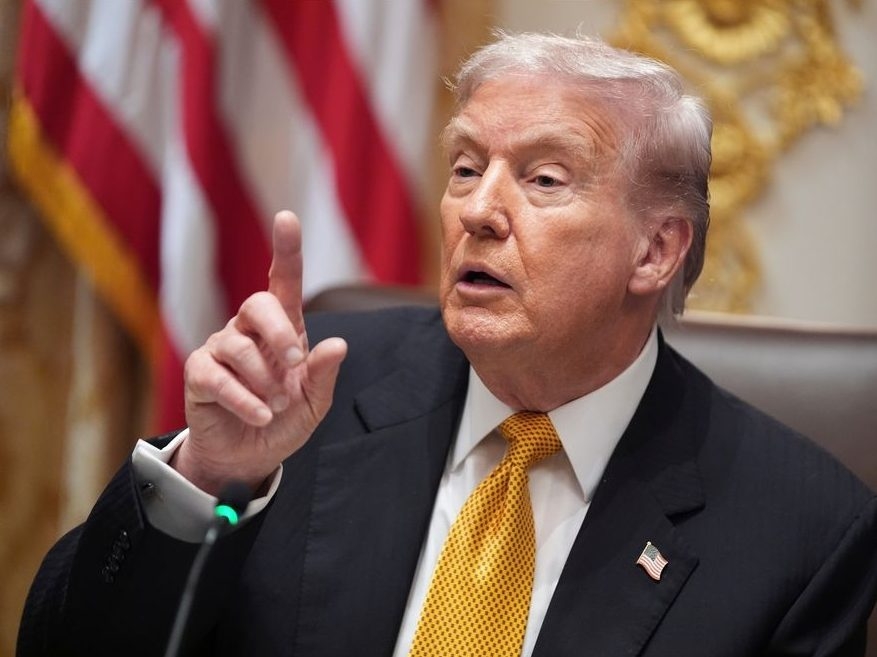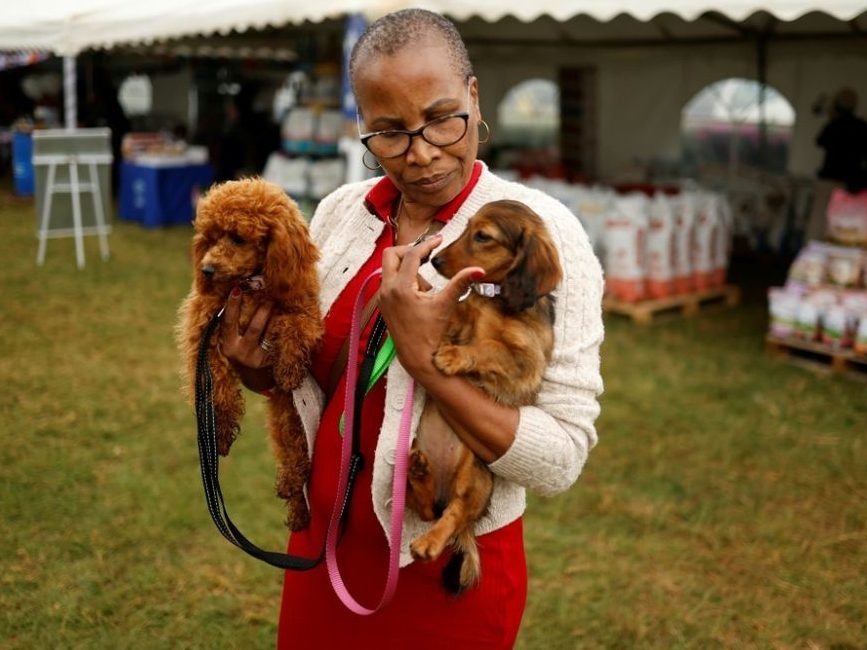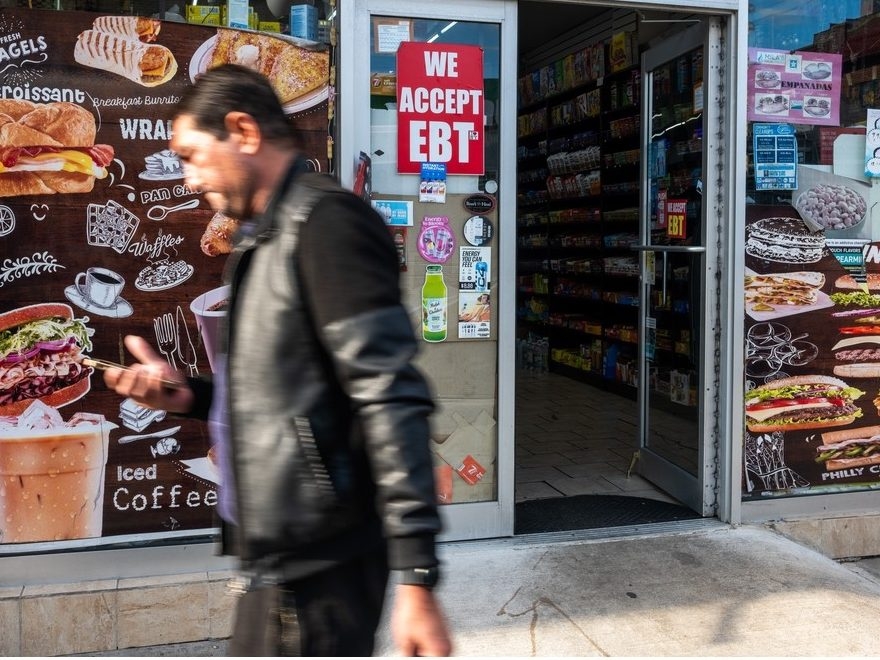A seismic shift rocked the BBC Sunday as its Director-General and head of news both stepped down, a direct consequence of a growing controversy surrounding the editing of a Donald Trump speech.
The fallout centers on a documentary featuring footage from January 6th, 2021 – the day a mob attacked the U.S. Capitol. Critics allege the BBC selectively edited Trump’s remarks, presenting a distorted narrative of his words to the public.
Specifically, the edited version omitted a crucial segment where Trump explicitly urged his supporters to protest peacefully, a detail that fundamentally alters the context of his address. This omission sparked accusations of deliberate misrepresentation and a breach of journalistic integrity.

Director-General Tim Davie, after five years at the helm, framed his resignation as a personal decision, yet acknowledged the weight of responsibility. He stated the BBC, while generally performing well, had made errors for which he, as leader, must answer.
Deborah Turness, head of news, echoed Davie’s sentiment, stating the controversy had escalated to a point of inflicting significant damage on the BBC – an organization she deeply valued. She accepted full accountability as the leader of BBC News and Current Affairs.
The pressure on the BBC’s leadership intensified following the publication of an internal dossier compiled by standards advisor Michael Prescott. This report didn’t solely focus on the Trump edit, but broadened the scope of concerns.
Prescott’s assessment also raised questions about the BBC’s coverage of transgender issues and alleged a potential bias against Israel within the BBC’s Arabic service, painting a picture of systemic concerns regarding impartiality and accuracy.
Davie indicated a planned, orderly transition to a successor over the coming months, signaling an attempt to navigate this crisis with stability. The BBC now faces the challenge of restoring public trust and reaffirming its commitment to unbiased reporting.





